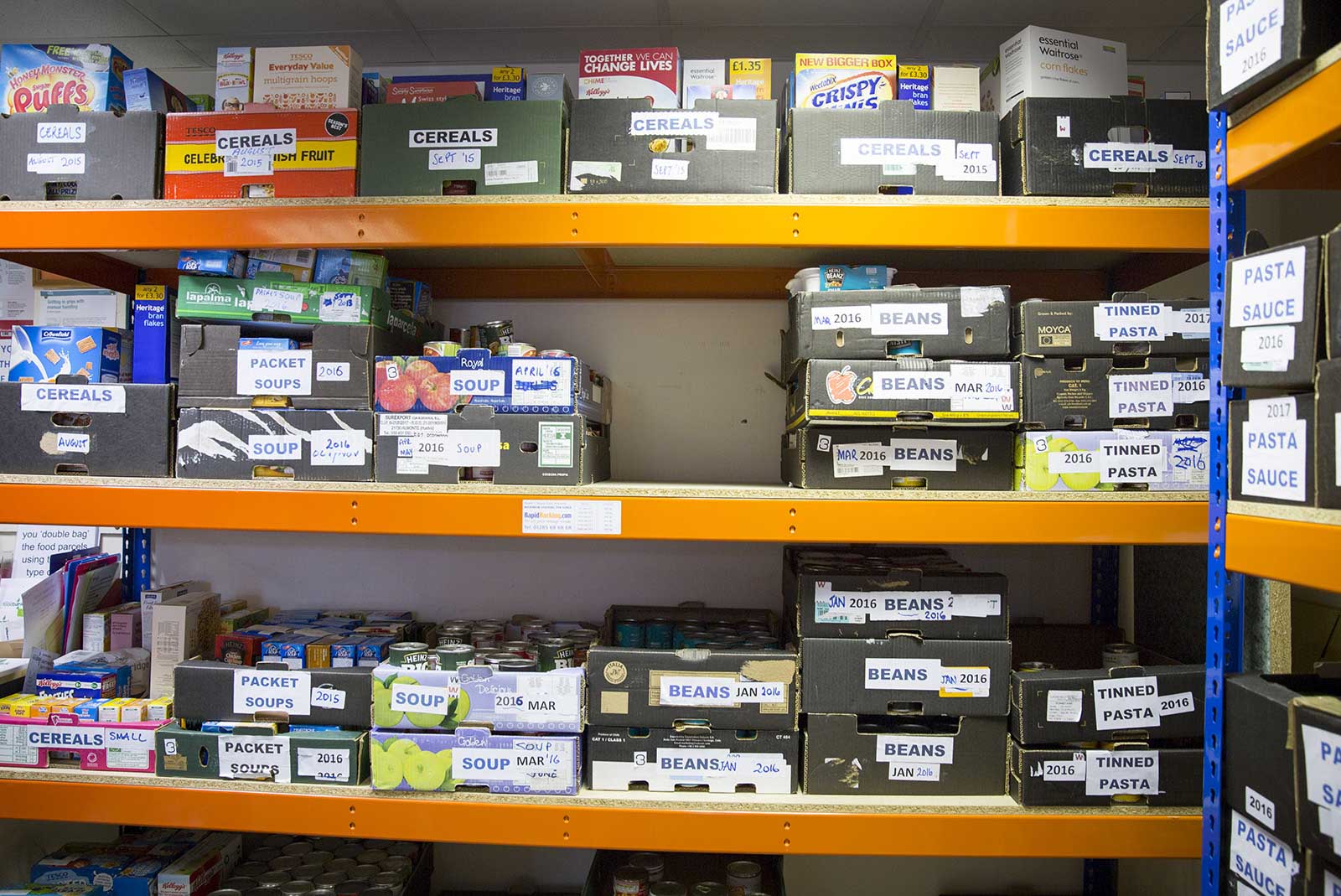The morning after the general election, The Trussell Trust Twitter feed was full of people offering support for foodbanks. Ordinary, generous people are donating funds and food because they’re worried that we’ll see the need for emergency food rise due to reductions in welfare spending.
Foodbank managers are worried. We have seen in the past that the implementation of welfare reform sees increases in people facing hunger and turning to foodbanks. We know that we could see another rise in need. But what is the answer?
At the Trussell Trust’s recent annual foodbank conference, a panel of representatives from parties across the political spectrum spoke about how foodbanks should engage with politicians. In the question and answers that followed, foodbank managers asked: “How will the new government make sure that welfare reductions don’t see more people going to foodbanks?”
For a start, we shouldn’t jump the gun. We don’t know yet what the new government is actually planning to do. For me, as chief executive of The Trussell Trust, now is the time for hope. It’s a time for engagement. For building understanding of, and compassion for, people in poverty. For making sure that the voices of people who are going hungry are heard and understood. It is, after all, the people who are facing hunger who have the real answers to the problem. It’s only by listening, and then taking action, that we will see real change for people in poverty. All of us need to pay attention – that means you and me, as well as politicians.
In a world where every week new TV shows and articles seek to convince us all that people on welfare are feckless, lazy and can’t budget, we need to put forward the alternative reality.
We need to tell the stories of people like Kevin, a former chef from Chatham who has suffered from five heart attacks in the last year. He has multiple health problems and is accessing employee and support allowance, as is his disabled son. All their money was going on incredibly high utility bills – they were on a high rate meter and a gas leak in their house meant costs went through the roof. Kevin started missing meals to pay the bills, even though this could have serious consequences for his health. His son’s school finally convinced him and his wife to go to the foodbank. They were so ashamed to ask for emergency food but ended up deciding that being able to eat was more important than bruised pride.
We must also speak up for people like Susan, a part-time teacher from Cambridge whose husband is in insecure work. When he doesn’t get enough hours, they can’t afford enough food to feed themselves and their children, so they go without. That’s when they turned to the foodbank. It’s so important that work does pay.
We need to build on our history of being a nation of compassion. I’m constantly blown away by the kindness that so many people have shown by supporting our foodbanks.
The UK has a tradition of caring for the poorest and most vulnerable. We should be proud that we have a welfare system and NHS. We have strong foundations, but we need to ensure that the needs of the most vulnerable people in our society remain a priority.
David McAuley, Chief Executive
This piece was originally published on The Guardian’s Voluntary Sector Network on 15 May 2015.



